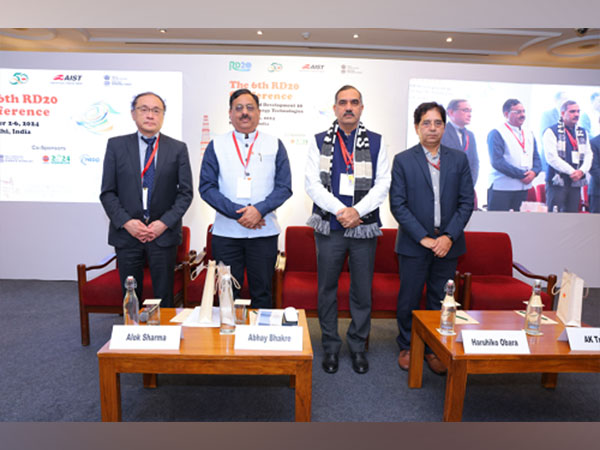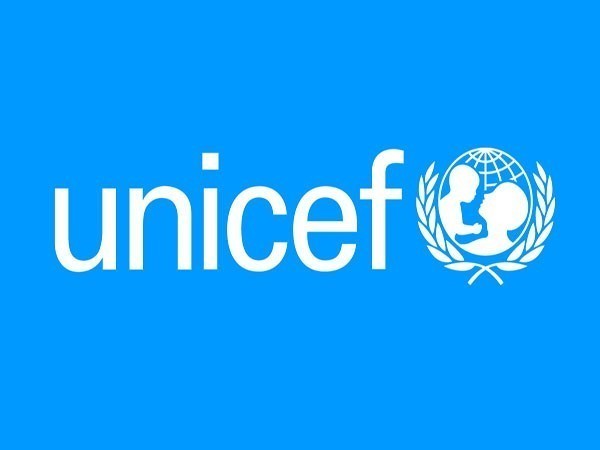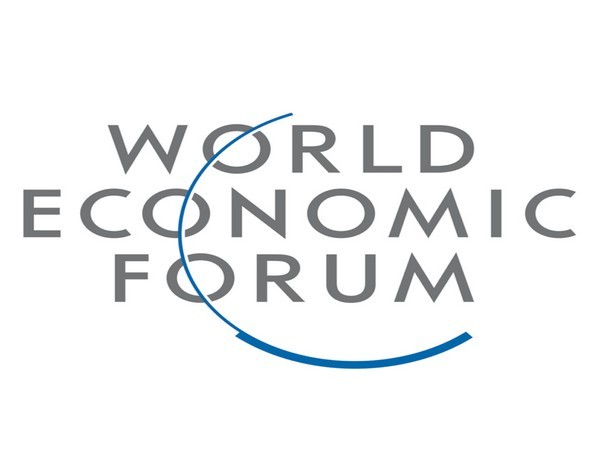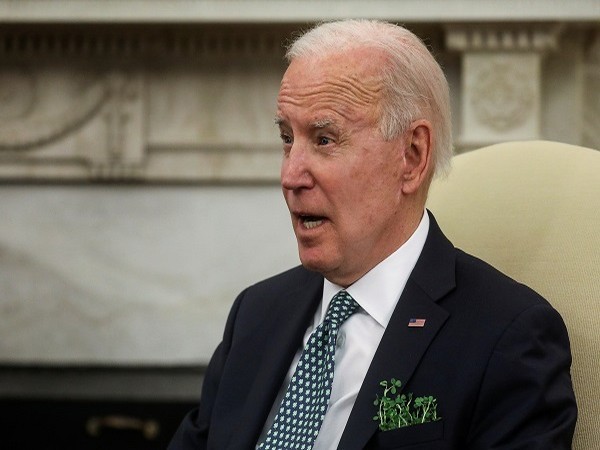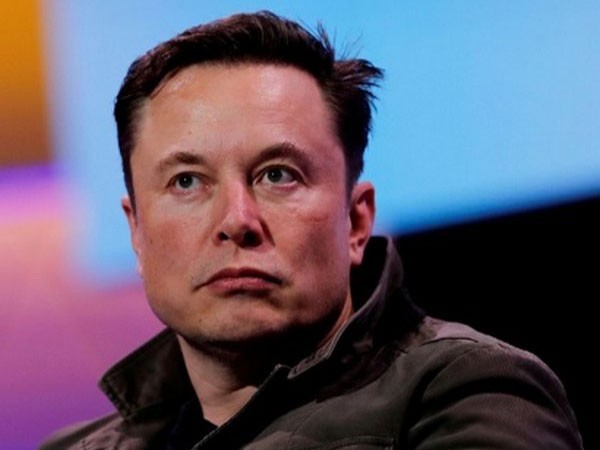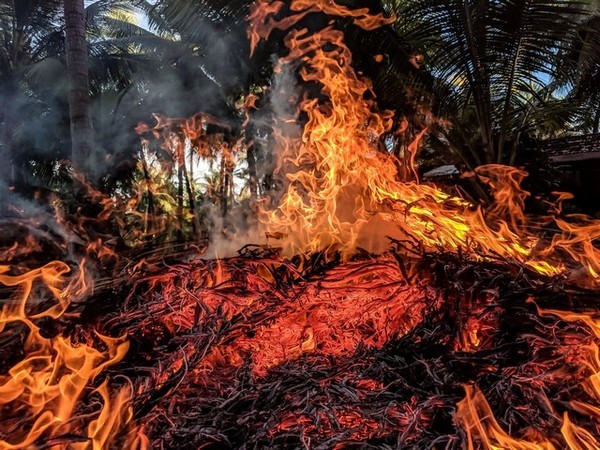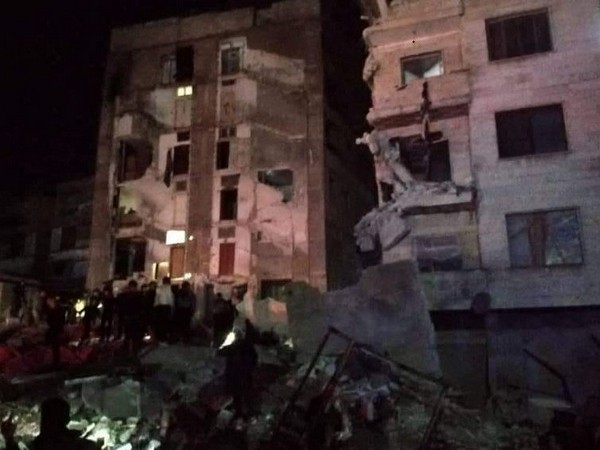The RD20 and Mission Innovation Leaders Session Accelerate the Global Drive for Clean Energy Transitions
Dec 04, 2024
NewsVoir
New Delhi [India], December 4: The Leaders Session on the second day of 'The 6th RD20 Conference' brought together global policymakers, researchers, and thought leaders to discuss collaborative pathways for clean energy transitions. Hosted by The Energy and Resources Institute (TERI) in collaboration with the Ministry of New and Renewable Energy (MNRE), this is the first time the conference is being held outside Japan, highlighting India's leadership in global energy innovation. Organised in partnership with the Advanced Industrial Science and Technology (AIST) of Japan, the session emphasised innovation, partnerships, and actionable strategies for achieving global energy goals.
The session commenced with a Welcome Address by Dr Vibha Dhawan, Director General, TERI, and an Opening Address by RD20 Chair, Mr Kazuhiko Ishimura (AIST), who remarked, "Research is becoming serious year on year. Because of this there is a great expectation of carbon neutrality to be accelerated. We expect leaders to have deep dive sessions advancing the discussions towards achieving carbon neutrality." Representatives from the Indian government, MNRE and the Japanese government (METI, MOE, MEXT) also extended their welcome messages. The plenary presentation was delivered by Mr Takashi Naruse from NEDO.
Sudeep Jain, Additional Secretary, Minister of New & Renewable Energy (MNRE) in his opening remarks thanked Japan for giving India the opportunity to host the RD20 conference. "The 6th RD20 conference in India highlights the importance of collaborative R&D in addressing global challenges. India has made significant progress in renewable energy, with a vision to reach 77% renewable energy by 2047. The country is also investing in R&D to support its growing manufacturing hub for renewable energy equipment." Speaking on the Honourable Prime Minister of India's vision on sustainability, green energy and renewable energy, he added, "Our Prime Minister has a vision which goes beyond the current generation, to looking at several generations ahead."
The Leaders Session featured key discussions on India's energy transformation. The subsequent plenary lecture by Mr Abhay Bakre, Mission Director, MNRE, focused on the 'Role of Clean Hydrogen in India's Energy Transition: Opportunities and Challenges.' Mr Bakre noted, "The sustainability goals for energy transition are to achieve the target of net zero by 2070, non-fossil electricity generation capacity to reach 500 GW by 2030 and emission intensity of GDP to reduce by 45%. The two basic pathways for energy transition are electricity and hard-to-electricity. Hydrogen comes up with the most promising pathway for decarbonising the hard-to-electricity sectors."
Other highlights included updates on RD20 activities and technical sessions, with presentations by Dr William Tumas (NREL) and Dr Haruhiko Obara (AIST). The updates covered Action Committee progress, RD20 Summer Schools, and reports from the Tokyo symposium and COP29. Key outcomes from the 2024 RD20 Technical Sessions were presented by co-organisers Mr Pierre Sierre Combe, CEA and Mr Mark Ruth, NREL, (Technical session I); Dr Sanjukta Subudhi, TERI; Mr David Harris, CSIRO and Mr Randy Cortright, NREL (Technical session II); and Dr Myriam Merad, CNRD and Dr Alberta Carpenter, NERL (Technical session III), including advancements in sustainable biofuels, biochemicals, and hydrogen technologies, alongside updates on future workshops and technical barriers to hydrogen implementation.
A significant segment of the session was dedicated to discussing opportunities for collaboration between RD20 and Mission Innovation (Clean Energy Ministerial and G20), a global initiative aimed at accelerating clean energy innovation to achieve net-zero emissions.
Dr Michio Kondo (AIST) introduced opportunities for collaboration between RD20 and Mission Innovation that highlighted the perspectives put forth by the different participating countries and institutions. Dr Kondo emphasised, "RD20 has huge potential to support and collaborate with G20 Working Groups from technology point of views, techno economic aspects and lifecycle assessments in carbon neutral technologies." He also mentioned, "To enhance the cooperation amongst G20 members and to accelerate the implementation of common goals towards energy transitions, RD20 could contribute to the RIWG/G20 through South African member, CSIR, in the upcoming G20 in South Africa in 2025."
Helen Fairclough from Mission Innovation elaborated on the initiative's global significance, stating, "Mission Innovation is a global initiative catalysing a decade of action and investment in research, development, and demonstration to make clean energy affordable, attractive and accessible for all. This will accelerate progress towards the Paris Agreement goals and pathways to net zero."
Sharing her perspective on Brazil, Ms Rachel Martins Henriques, Technical Consultant, Brazil, highlighted, "The intersection of the CEM and RD20 emphasizes the importance of sharing knowledge and best practices among nations to overcome common challenges in clean energy deployment." Sharing her views on the Mission Innovation policies on bio-refineries in Brazil, she said, "The National Biofuel Policy (RenovaBio) aims to increase the addition of anhydrous ethanol to gasoline and biodiesel to diesel B, with certified production capacity of ethanol, biodiesel, and biogas by 15% March 2025. The 'Fuels of the Future' programme aims to reduce carbon intensity, evaluate energy-environmental efficiency, and stimulate innovation."
Mission Innovation, a global initiative dedicated to accelerating clean energy innovation, is committed to addressing climate change, making clean energy more affordable, and creating green jobs and economic opportunities. With a focus on reinvigorating global efforts in clean energy research and development, Mission Innovation engages researchers, innovators, and the private sector to drive breakthroughs in clean energy technologies, reduce greenhouse gas emissions, and foster sustainable economic growth.
Mission Innovation and RD20 have partnered to advance collaboration on critical clean energy areas, including clean hydrogen and smart grid technologies. This partnership, underscored during the Leaders' session of RD20, seeks to bring together Mission Directors and Steering Committee members from both initiatives to foster dialogue, identify shared objectives, and develop actionable strategies for clean energy transitions. Through joint sessions and workshops, the collaboration aims to explore innovative solutions that address global energy challenges and promote a shared vision for accelerating clean energy advancements.
With a robust agenda and contributions from leading experts, the RD20 Leaders Session marked a significant milestone with a reaffirmed commitment to international collaboration in the pursuit of sustainable and clean energy solutions.
The Energy and Resources Institute (TERI), based in India, is an independent, multi-dimensional research organization with capabilities in policy research, technology development, and implementation. An innovator and agent of change in the energy, environment, climate change and sustainability space, TERI has pioneered conversations and action in these areas for nearly five decades. Headquartered in New Delhi, it has centres in six Indian cities, and is supported by a multi-disciplinary team of scientists, sociologists, economists, engineers, administrative professional and state-of-the-art infrastructure.
(ADVERTORIAL DISCLAIMER: The above press release has been provided by NewsVoir. ANI will not be responsible in any way for the content of the same)
